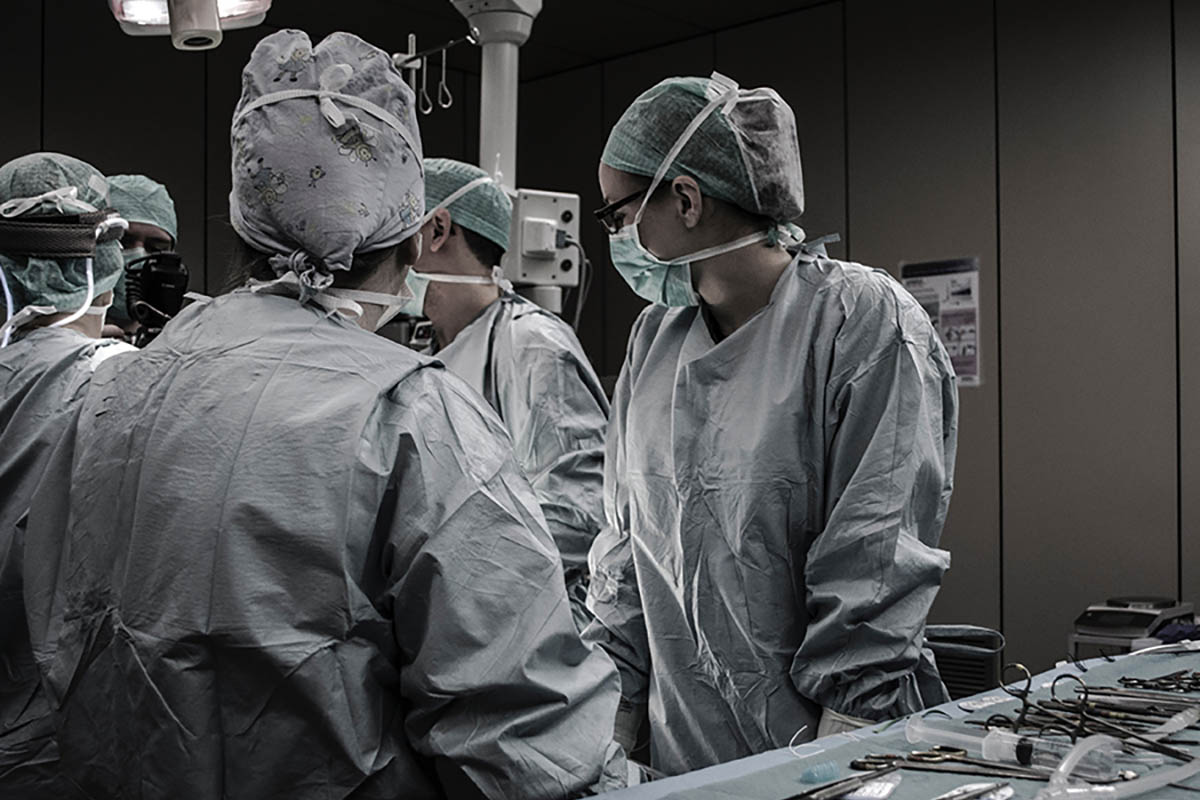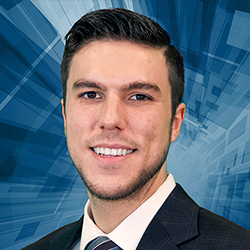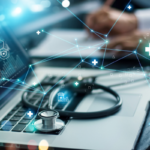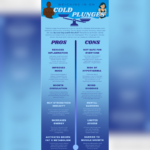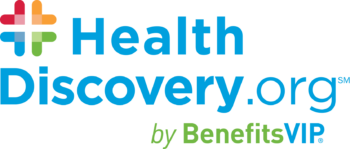What would you do if you were 24 and faced with a hospital bill in excess of $300,000? Hopefully you would shrug of your shoulders and reply, “That’s no big deal—I have health insurance.”
That 24-year-old was me, a healthy guy who played soccer in college and exercises regularly. When I visited the emergency room, I gave no thought to how much it would cost to be there. I was in severe pain and couldn’t think about anything else. Doctors and nurses in the ER do what they can to diagnose a condition, make you feel better, and get you home as soon as possible. But every time your wristband is scanned for a prescription drug or another test, there’s a silent cash register ringing up a bill that could add up to financial disaster.
During a one-month period, I had eight emergency room visits and was admitted to the hospital four times. My severe abdominal pain puzzled the doctors. They tried all the tests—CT scans, X-rays, an ultrasound, a HIDA scan, an upper endoscopy, colonoscopy, and finally laparoscopic exploratory surgery. It took the surgery to reveal the issue causing all the problems, acute diverticulitis.
While in the ER one of those eight times, I asked an insurance advisor how many uninsured people typically receive treatment at the hospital. The number was staggering, 20% of all patients treated at this Central New Jersey hospital are uninsured, according to the insurance advisor. I imagine that for some uninsured patients the only way they can address a hospital bill is to not pay it at all.
More than 25% of U.S. adults struggle to keep up with their medical bills, according to the Kaiser Family Foundation.
I’m lucky—my parents’ health insurance* covered the majority of my $300,000 ER/surgical blitz.
People in my generation often procrastinate. We do things last minute. We think we are invincible to health problems, and we also think there will always be a tomorrow.
Take it from me, Millennials, you need health insurance. The financial risks are too great. If I didn’t have healthcare coverage when I was sick, I couldn’t afford to pay the medical bills that were dropped on me like confetti.
Whether it’s through your employer, your family’s group employee benefits, or on a public exchange, make sure you enroll in health insurance coverage. You simply have no idea what life has in store for you.
I didn’t.
*The Affordable Care Act requires plans and issuers that offer dependent child coverage to make the coverage available until a child reaches the age of 26. Both married and unmarried children qualify for this coverage. This rule applies to all plans in the individual market and to all employer-provided health insurance. (Source: Employee Benefits Security Administration)

